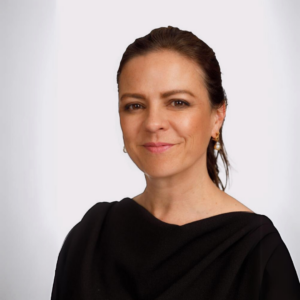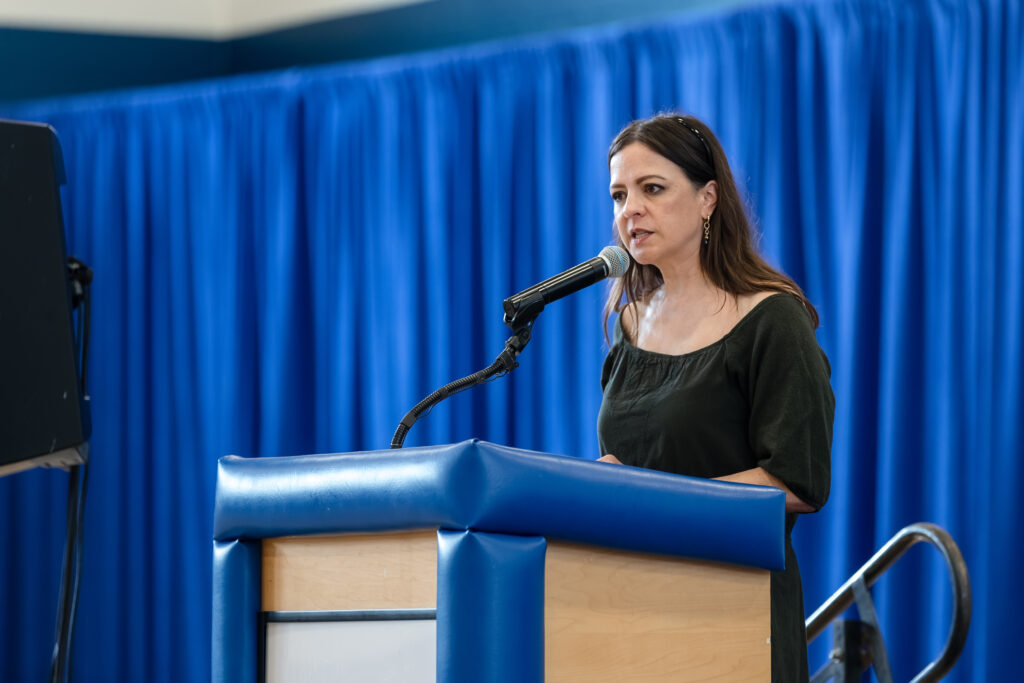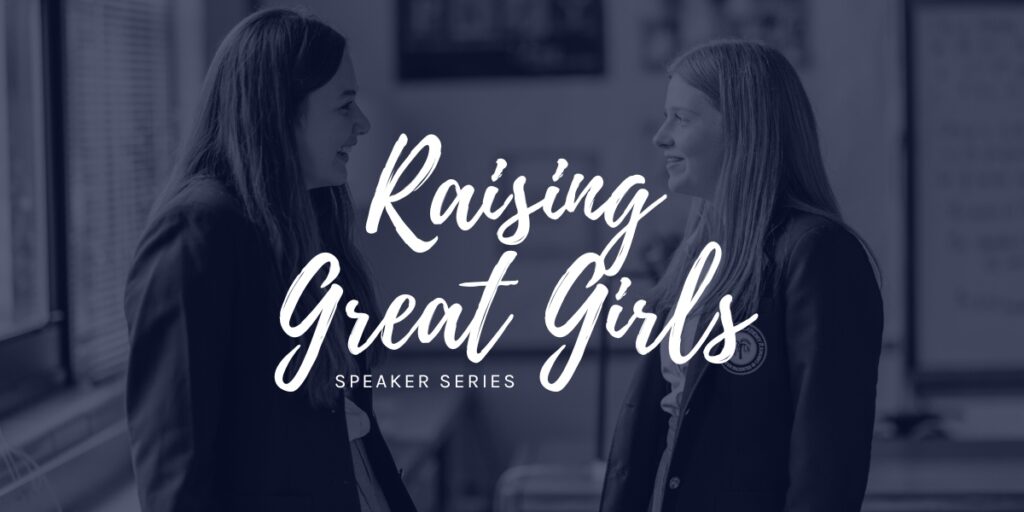Willows Academy welcomed keynote speaker Noelle Mering for “Awake, Not Woke: A Family Response to Ideology” as part of our Raising Great Girls series on Friday, September 20th. Listen to her full keynote, below:
 Noelle Mering is a Fellow at the Ethics and Public Policy Center and the author of Awake, Not Woke: A Christian Response to the Cult of Progressive Ideology. She is an editor for Theology of Home and co-author of the Theology of Home book series. Noelle has been featured several times on Fox News and EWTN and published in Newsweek, Daily Wire, National Review, National Catholic Register, and many others. Noelle and her husband live in Southern California with their six children.
Noelle Mering is a Fellow at the Ethics and Public Policy Center and the author of Awake, Not Woke: A Christian Response to the Cult of Progressive Ideology. She is an editor for Theology of Home and co-author of the Theology of Home book series. Noelle has been featured several times on Fox News and EWTN and published in Newsweek, Daily Wire, National Review, National Catholic Register, and many others. Noelle and her husband live in Southern California with their six children.
What is your connection with Willows?
I had the delight of being invited to deliver the Commencement address this past spring and loved my brief time meeting the families, faculty, and administration. What a fantastic community!
Why do you think a school like Willows is important in today’s educational landscape?
Parents are rightly aware, perhaps now more than in the past, how crucial school selection is. They are looking for a place that will be in partnership with them with regard to their child’s flourishing, not antagonistic to them. But certainly, the choice to send a child here is not primarily about what is being avoided; it is about what is on offer here. Highschool years are an important time of formation for teens and that formation needs to happen in the classroom but also in the friendships, activities, mentorship, and community in general. A school like Willows understands this deeply and meets those needs beautifully.
What will your talk, “Awake, Not Woke: A family Response to Ideology,” focus on? What do you hope parents walk away with from this event?
In the talk I will strive to shed light on this topic that is too often fraught with contention and confusion. I hope to help make sense of where things stand now, and what families can be doing to combat social chaos as well as be a light in their spheres of influence. I hope that families will leave optimistic, feeling convinced that lies do not age well, and the truths about the human person lived out well in our lives together are compelling in all seasons.
You position yourself in a way that opposes mainstream culture. In taking such positions, what are some of the most common or overarching issues you feel like you’ve come across?
A pervasive issue I see is that decent people will go to exhaustive lengths to translate the woke movement benevolently. I think we owe that sort of charity to persons, but I don’t think we owe that to an ideology. I understand why people do this, but I think important distinctions can and should be made. I’ll address this in my talk.
What changes or trends in the discourse have you noticed over the years that you have been in the field?
The biggest change I see is that people are far more aware and emboldened than they were when I wrote the book in 2020. But I am also hearing more than ever of heartbroken parents and grandparents who feel their children and grandchildren have rejected all that they were raised to believe. So I see signs of great hope and also much more work to be done.
What do you think is the most challenging aspect of being a young, adolescent woman today? What do you think are ways to address these challenges?
I think the greatest challenge for adolescent women is an ideology that rejects the dignity of human embodiment. This is a pervasive lie, undergirding so many social pathologies now. It hurts everyone – men, women, and children – but it most immediately is an attack on girls who are most vulnerable in their embodiment.

How did your growing family shape your career trajectory?
I remember feeling a real struggle in those early years of being home. I loved it, but felt a sort of guilt like I was wasn’t using my time well. I think the goodness of family life revealed to me that I’d absorbed a certain materialist mindset that what is good is what is seen and what is quantifiable. And I remember watching my husband grow in patience and great generosity and realizing how good this life is for all of us precisely because it showed us that our life is not about us. I also learned that motherhood has seasons. I work now that the kids are older, but still really strive to be sure I know and they know that they come first. My husband helps me work through all those questions – what to say yes to, and what is too much of a stretch.
How do you feel like the “mom you were” to your first few kids is different from the “mom you were” to your later ones? How would you describe the factors that affected this change?
I was more anxious in the early years. I became much more relaxed later on. The biggest factor that affected this change was realizing that my problem was always myself – when life was hard or sleepless or stressful, I lamented my circumstances more than I strove to meet them with peace, prayer, and great love.
Have you felt a big difference in raising your boys vs. your girls? What are examples of different kinds of approaches (if any) you have taken to parenting them?
No big differences, no. I think the difference is in less tangible ways. My husband is very aware that he is showing the boys what a good man is and how he comports himself. That example is deeply instructive, and I think it also shows the girls what to look for. And though we have friendships with all of the kids as they get older, big conversations usually naturally happen girls to mom and boys to dad. And there are fun traditions we’ve kept such as my husband and his friend would take their boys camping and I have done that yearly with my girls and some mom friends. I think there are all sorts of subtle but deep ways that we seek to affirm them in who they are as sons and daughters of ours and of God’s.
What do you think it takes to “raise a great girl” today?
I think girls need affirmation and accountability. They need the freedom to explore and develop their interests. They need to not worry about Instagram and Tik Tok. They need parents who show up for them and are engaged and interested in their struggles and triumphs.
Join us Friday, September 20h at for “Awake, Not Woke: A Family Response to Ideology” featuring keynote speaker Noelle Mering.
